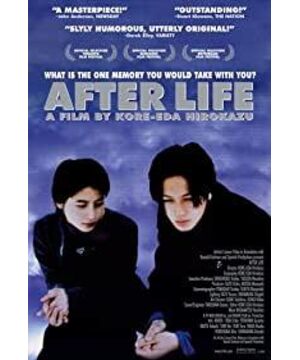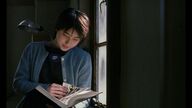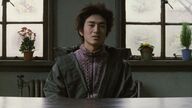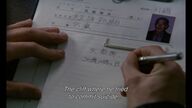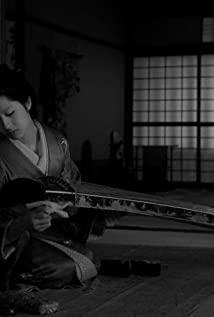I am always surprised and even shocked by the good movies recommended or seen by accident. Compared with many fans who value the connotation of thoughts, the number of viewing movies is not large, and they are more easily impressed by the novel shooting techniques and techniques of the director and screenwriter. They contain deep or shallow ideas and philosophy, which are enough to make me taste for a long time.
Jia Zhangke once commented on this film: "If a very realistic thing is extremely realistic, will there be some expressionist and abstract things", but he has not been able to do it, and he saw "The Next Stop" ", Heaven", he found that Zhi Yuhe did it. This sentence can reflect my mood when I watch a movie. It was Hirokazu Ee who used documentary techniques in this work, and at the same time gave the audience a light-colored oil painting abstract color feeling. The whole movie feels very pure. Performance is indeed a very abstract thinking.
The dilapidated factory buildings and courtyards can still be seen in some places in the hometown of previous years. Red brick walls, green wooden window frames, rusty abandoned machine remains, thin snow and thick winter fog, everything is so familiar that many pictures make me feel familiar. As a place as a transit point in paradise, that can only be said, just like an ordinary editorial office in the early 90s that could no longer be ordinary. It’s the kind of feeling that every one of us has seen is very strange and very familiar...
I don't know if it's too familiar, so I watched this movie very "not seriously". From the first ten minutes, I started to wander uninterruptedly. I have been thinking "If I die now, let me choose the most memorable and happiest moment in my life at the transfer station, and freeze my soul in the memories of the period. Then which period shall I choose...?"
Until the end , There is no answer. It seems that there is nothing like feeling special happiness at a specific moment that you want to return to, and you can't think of what will happen in the future that will make you such a deep story.
Is this sad? Or is everyone the same?
View more about After Life reviews


